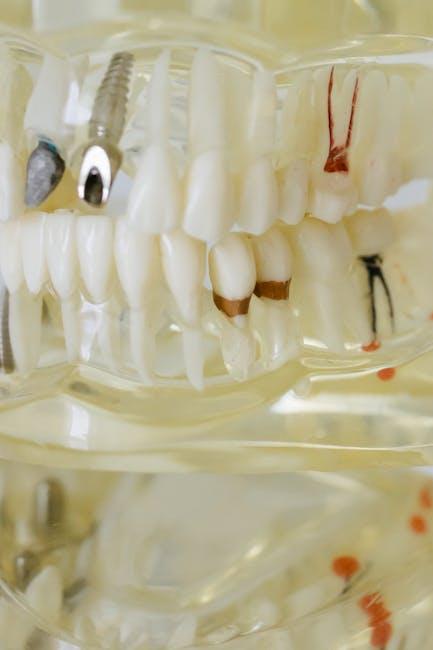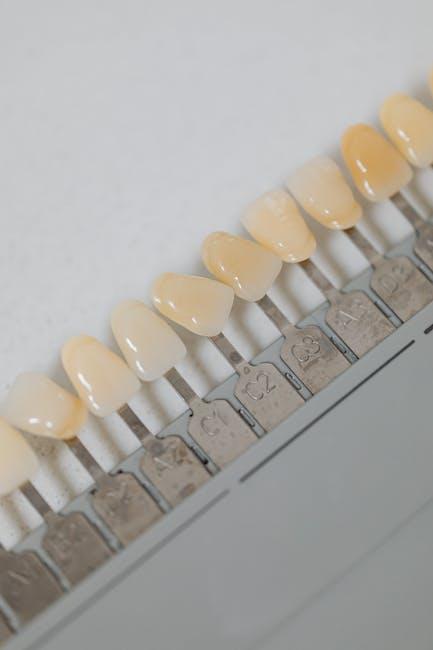
When Teeth Fixed Ears: 63-Year-Old Woman Regains Hearing After Dental Implants
Published by The Times of India
In a remarkable medical case that highlights the unexpected connections between oral health and auditory function, a 63-year-old woman regained her hearing following a series of dental implant procedures. Doctors have credited a remarkable nerve decompression process—commonly called nerve deco—as a critical factor in restoring her hearing abilities. This article explores the fascinating story behind this medical breakthrough, explains the science of nerve decompression, and offers insights into how dental health can impact hearing function.
The Unlikely Link Between Teeth and Ears
At first glance, teeth and ears may seem unrelated, but recent medical research and patient cases challenge this assumption. The proximity of nerves within the jaw and ear regions means that dental problems can sometimes affect hearing. In this particular case:
- The woman suffered chronic jaw discomfort and hearing impairment.
- Her dental issues involved significant tooth loss leading to bone resorption and nerve irritation.
- Doctors hypothesized that dental nerve compression was influencing auditory nerve pathways.
The procedure involved dental implants to restore the structural integrity of her jaw, paired with targeted nerve decompression therapy addressing the affected nerves near the temporomandibular joint (TMJ) and auditory nerve pathways.
What is Nerve Deco (Nerve Decompression)?
Nerve decompression, often abbreviated as nerve deco, is a surgical or therapeutic procedure aimed at relieving pressure on compressed nerves. Compressed or irritated nerves can cause a range of symptoms including pain, numbness, and in this unusual case—hearing impairment. The procedure works by:
- Identifying the exact site of nerve compression using imaging techniques.
- Removing or alleviating pressure from surrounding tissues impinging on the nerve.
- Allowing the nerve to recover, restoring proper nerve signaling and function.
In dentistry, nerve decompression is often applied around the mandibular nerve or inferior alveolar nerve, crucial for facial sensation but closely related to ear innervation as well.
Case Study: The 63-Year-Old Woman’s Hearing Restoration Journey
Here’s a summary of the key events and treatment milestones for the woman whose hearing was restored:
| Stage | Description | Outcome |
|---|---|---|
| Initial Examination | Comprehensive ENT and dental assessment revealed hearing loss with chronic jaw nerve irritation. | Diagnosed with nerve compression linked to jawbone loss. |
| Dental Implant Surgery | Implants placed to restore lost teeth and improve jawbone structure. | Structural restoration began possible nerve relief. |
| Nerve Decompression Therapy | Targeted surgical procedure to relieve jaw nerve pressure. | Gradual improvement in hearing observed over weeks. |
| Follow-Up and Rehabilitation | Ongoing monitoring and hearing therapy sessions. | Hearing restoration sustained and enhanced. |
The woman reported experiencing a progressive return of sound clarity and volume, culminating in nearly full hearing restoration. Doctors now emphasize the importance of considering dental health when diagnosing certain sensory impairments.
Benefits of Dental Implants Beyond Oral Health
Dental implants have long been hailed as an effective solution for tooth loss, but their impact spans well beyond cosmetic and chewing benefits. Here are some additional practical advantages:
- Improved Jawbone Stability: Implants stimulate bone growth preventing deterioration.
- Nerve Protection: Structural support helps prevent nerve compression syndromes.
- Enhanced Facial Symmetry: Supports facial muscles and skin, reducing signs of aging.
- Potential Sensory Benefits: Emerging evidence suggests positive effects on nerve health including hearing and facial sensation.
Practical Tips for Maximizing Dental Implant Success
- Choose an Experienced Oral Surgeon: Expertise in nerve anatomy is crucial.
- Maintain Oral Hygiene: Prevent infections around implants for healthier nerves.
- Regular Check-Ups: Early identification of any nerve irritation improves outcomes.
- Discuss Sensory Symptoms: Always report any hearing or numbness changes promptly.
First-Hand Experience: Patient Insights
“I never imagined that losing my teeth could affect my hearing so much. The implants not only gave me back my smile but also helped me hear my loved ones clearly again. The nerve decompression was a bit daunting, but totally worth it. It’s amazing how interconnected our bodies really are.” – This inspiring testimony reminds us how holistic health awareness can change lives.
Conclusion: The Future of Integrative Dental and Auditory Care
This astonishing case of a 63-year-old woman regaining her hearing after dental implants shines a light on the profound interconnectedness of our body systems. It highlights how dental care, especially through advanced procedures like nerve decompression and implants, can impact sensory functions beyond the mouth.
With growing scientific understanding, future healthcare may increasingly adopt an integrated approach—where dentists, ENT specialists, and neurologists collaborate to diagnose and treat complex conditions effectively.
If you experience unexplained hearing difficulties alongside dental pain or jaw issues, consult your healthcare providers promptly. Timely intervention may not just save your teeth but could restore your hearing, bringing back the sounds you treasure.
Stay tuned for more stories and breakthroughs from The Times of India.


